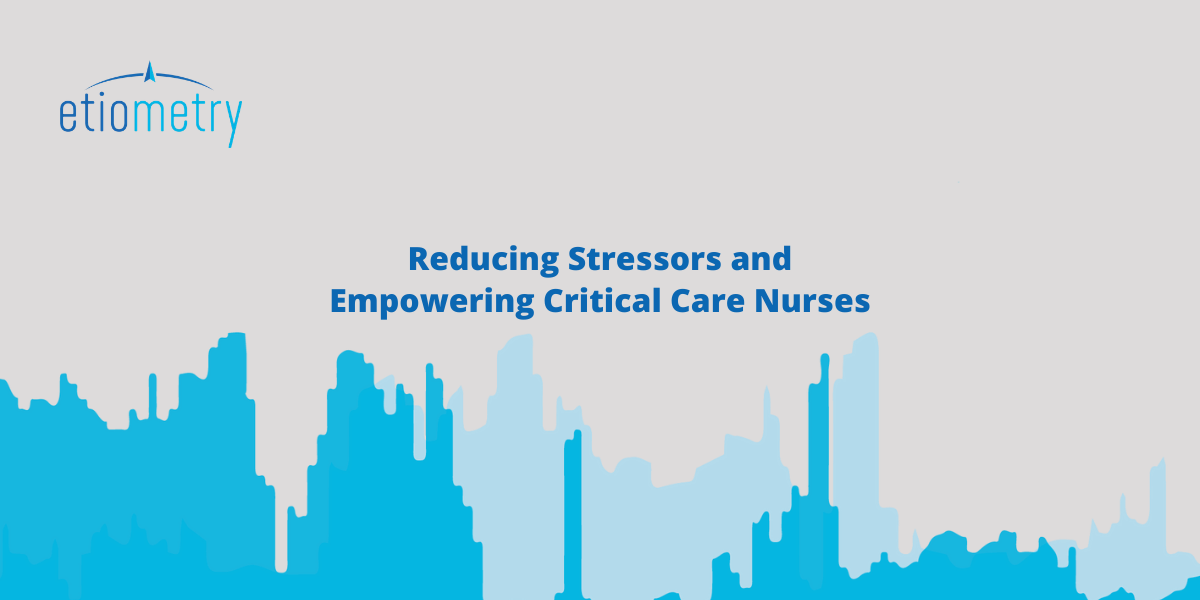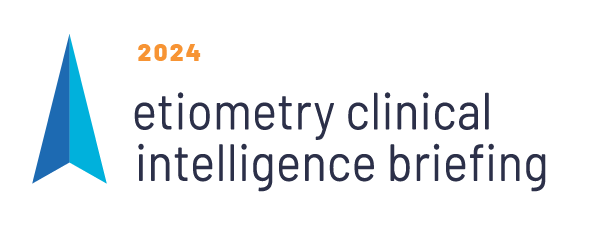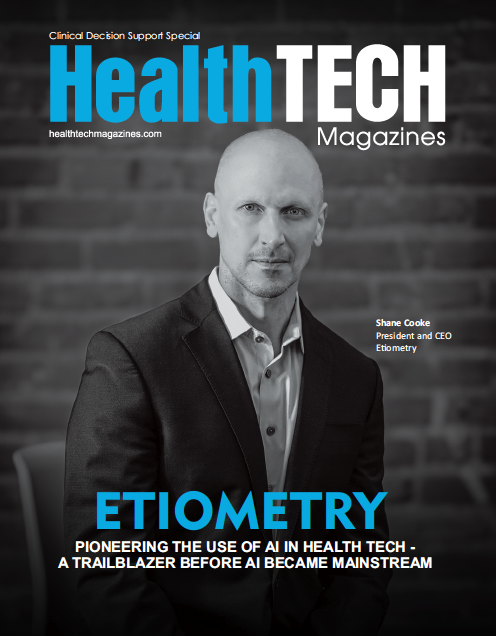Reducing Stressors and Empowering Critical Care Nurses
Blog

Being hospitalized is a difficult experience for patients. They may be scared and unsure of what’s to come, but the power of a nurse can help these feelings subside. Nurses are truly at the core of patient care, providing compassionate care to each patient, no matter how big or small the issue at hand may be.
Working in critical care settings, nurses are faced with challenging and complex cases, caring for some of the more vulnerable and fragile patients in a hospital. Patients in an intensive care unit, whether adult, pediatric, or neonatal, all require continuous monitoring and greater technological support to meet those needs. With conditions that can change at a moment’s notice, critical care nurses are under immense pressure.
Now more than ever, greater responsibility has been placed on nurses in critical care. Each year, the number of beds in critical care units continues to grow. From 2000 – 2010, the number of ICU beds grew by 16.2%; neonatal ICU beds specifically jumped 29%. At the same time, critical care is expanding, the number of nurses is shrinking. Shortages in nursing have been a fear long before the pandemic. Nursing shortages can lead to longer shifts, in turn resulting in fatigue and the onset of burnout quicker. The demand of the job is growing, while the expectation of providing high-quality care will always remain in place. It’s important to recognize what’s contributing to nursing burnout and shortages and ways that we can provide nurses the same support they give to patients.
Dealing with the strain of the job
With the growth of ICU beds and frequent monitoring of critically ill patients, the industry has seen the toll it has exacted on nurses. 2020 proved to be a tough year for all healthcare professionals, but perhaps none more than critical care nurses. Yet, feeling the pressure and burnout from the profession is not new. Even before the pandemic, critical care nurses rated their physical and mental well-being scores low. A study conducted in the Journal of General Psychiatry revealed that nurses often feel more stress than their physician colleagues. A survey showed that 40% of physicians felt acute stress from their job, while 64% of nurses answered “yes” to the same question.
The impact of poor mental and physical well-being can be detrimental, not just to nurses, but also to the patients they care for. A study conducted in the American Journal of Critical Care (AJCC), found that critical care nurses who reported having poorer physical and mental health were up to 62% more likely to make medical errors. And according to the study conducted in the AJCC, critical care nurses attribute their higher stress levels to increased use of advanced technologies and frequent exposure to alarms and alerts.
Nurses need support. Whether that be in the form of wellness programs provided by their employers or tools to reduce stressors when caring for patients, it is an important investment to be made. And in turn, these investments can directly benefit patients by reducing preventable medical errors.
Simplifying data can reduce some burdens
Just as a surgeon cannot effectively perform a procedure without the proper tools of the trade, nurses too require modern technology to provide the appropriate and best care possible. In today’s environment, these critical tools are comprised of synthesized and streamlined data. Armed with the right information, nurses can make the right care decisions and stand proud in their long-standing tenure as the most trusted profession in America. In 2020, Gallup revealed that an overwhelming majority of Americans, 89%, rated nurses’ honesty and ethics as “high” or “very high”. Nurses create a safe space for patients and advocate on their behalf, leading to these high marks.
So, how can we help critical care nurses succeed and improve their stress levels? One simple solution can be to provide tools to help sift through data-driven from patients. These tools can help draw out the data points that can help determine where to focus patient care. We’re living in a world with access to endless amounts of data and being able to utilize that to positively drive patient outcomes is key.
Sifting through the data points needed to make care decisions is complex. Time spent scanning the EHR, several monitors spewing out information, and the last shift’s patient notes could be spent more efficiently if that information was provided in an aggregated and streamlined manner. Combining these data points could greatly benefit nurses and help ensure that they feel empowered and supported to care for patients.
Critical care is a complex setting where treatment is derived from numerous data points and decisions must be made rapidly. Decision support software can help to ease the burden of care placed on critical care nurses by aggregating selected patient data onto one display. That is the mission of Etiometry, and we are proud to support nurses in the critical care units, and across the continuum of care.


